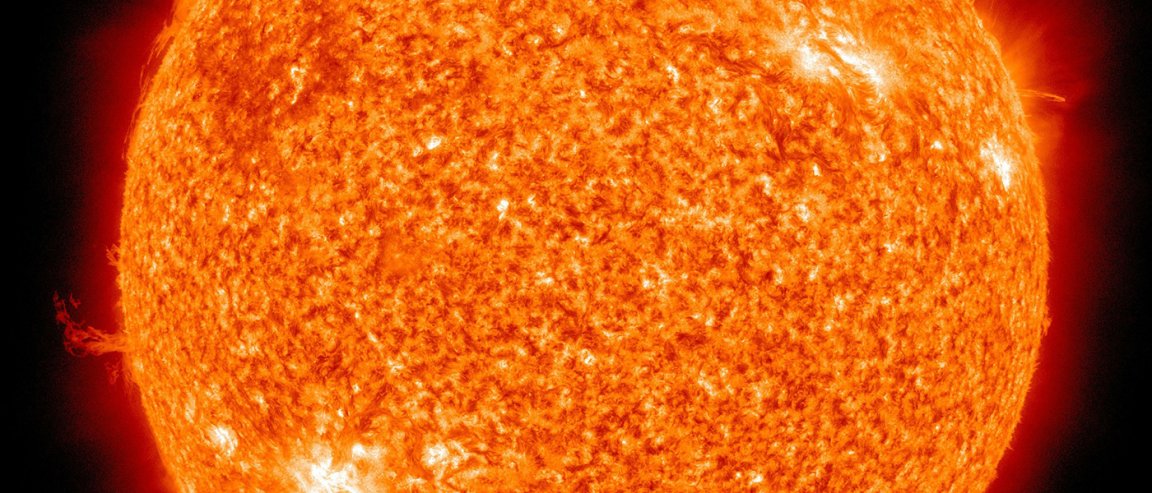
The Earth’s future seems to always be at stake, whether it’s , country politics, or even the expansion of our sun. While the other threats seem a bit exaggerated and current, the aging of our sun into a red giant in 7.6 billion years is a legitimate threat the existence of life on Earth — as well as the Earth itself.
While some scientists contend that the expansion of the Sun results in its loss of mass, and thereby the gravitational tug on the Earth should lessen, others disagree with this prediction. In fact, several papers suggest that Sun will expand too far and too quickly for any lessening of the Sun’s gravitational tug on Earth to protect the blue planet.

In fact, as the Sun expands, many scientists extrapolate that, in about a billion years, the oceans will dry up. In the four billion years after that, entire terrains will melt due to the immense heat, with life being a long forgotten artifact on the once fertile planet.
To avoid this, scientists have theorized about taking advantage of Newton’s laws of physics. We could counterbalance an asteroid 100 kilometers (62 miles) wide and 10^19 kilograms (2.2 × 10^19 lbs) in weight around the Earth and Jupiter to slowly edge the Earth out of the Sun’s expansion radius over the next billion years.
Another solution suggested by Stephen Hawking is to leave Earth entirely and colonize other parts of our solar system. Unless we find the cure to aging, most of us won’t be around to try any of these options — let’s hope our descendants don’t mess it up.